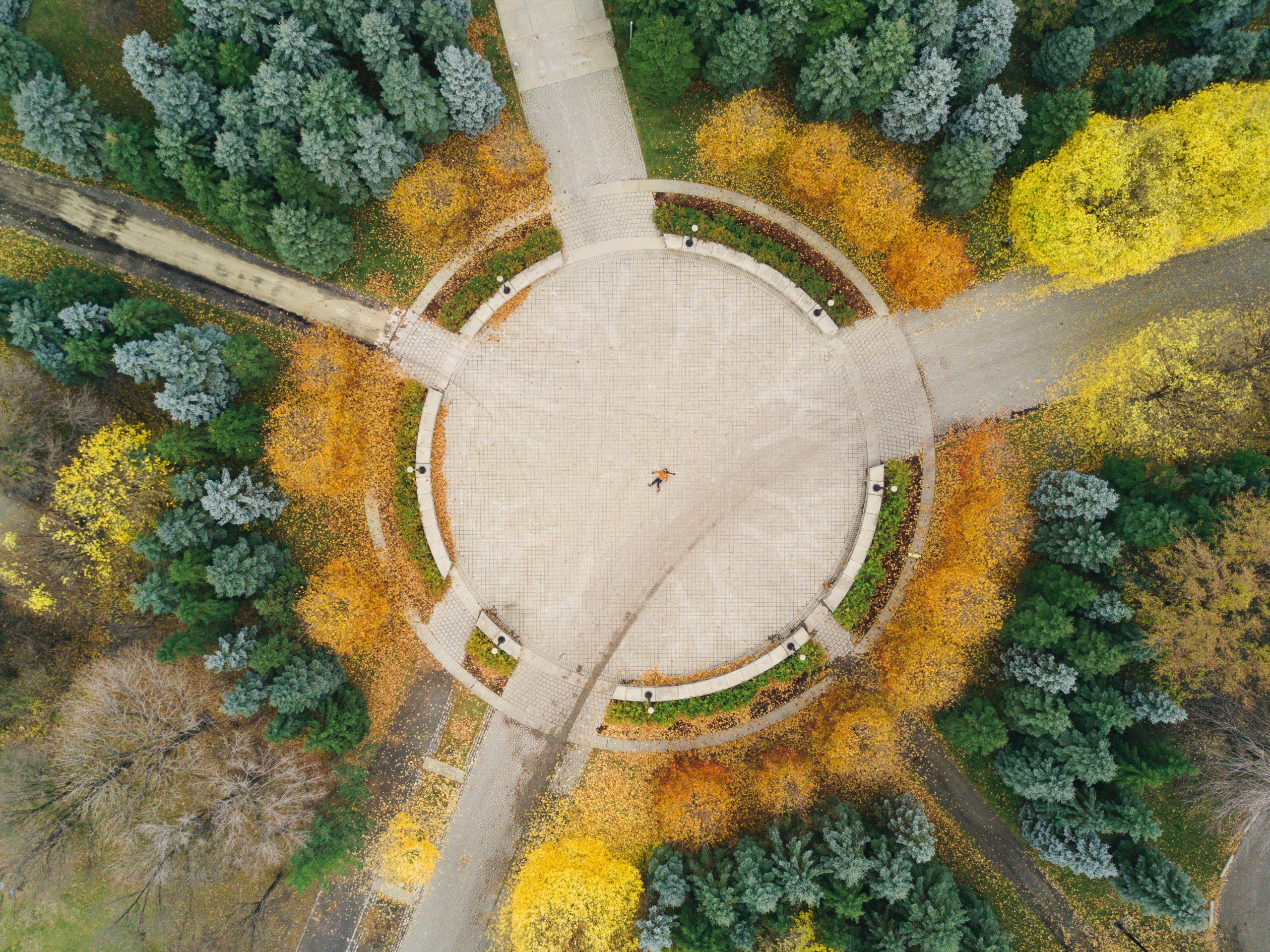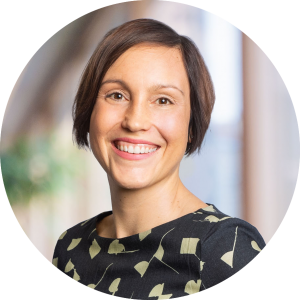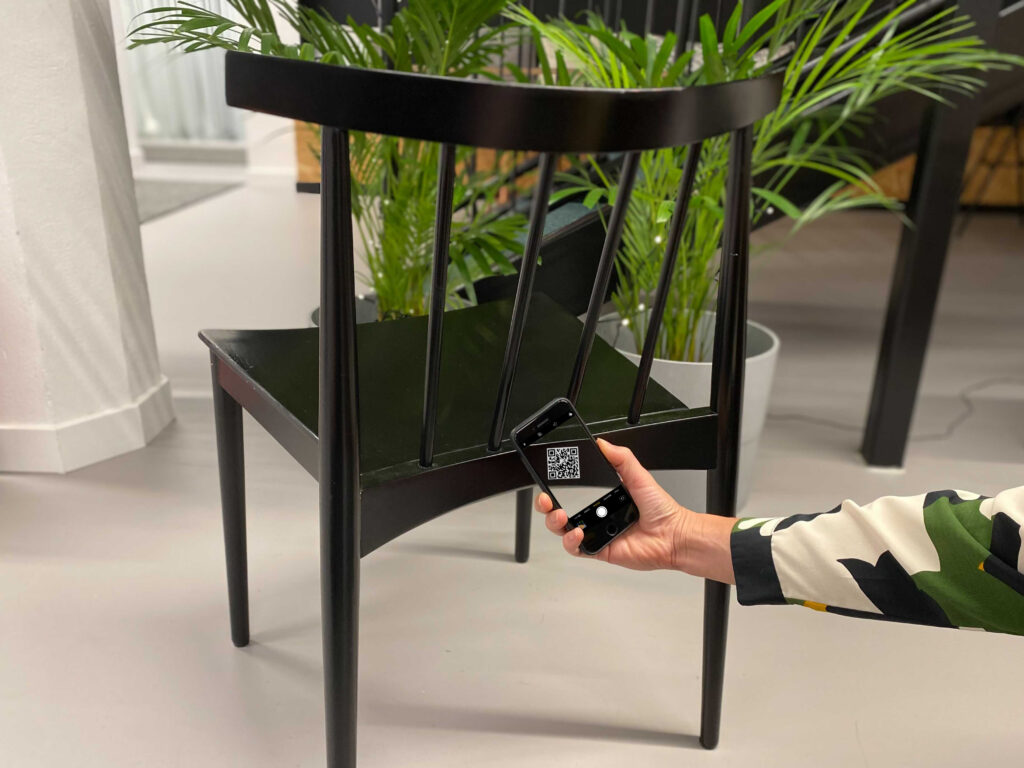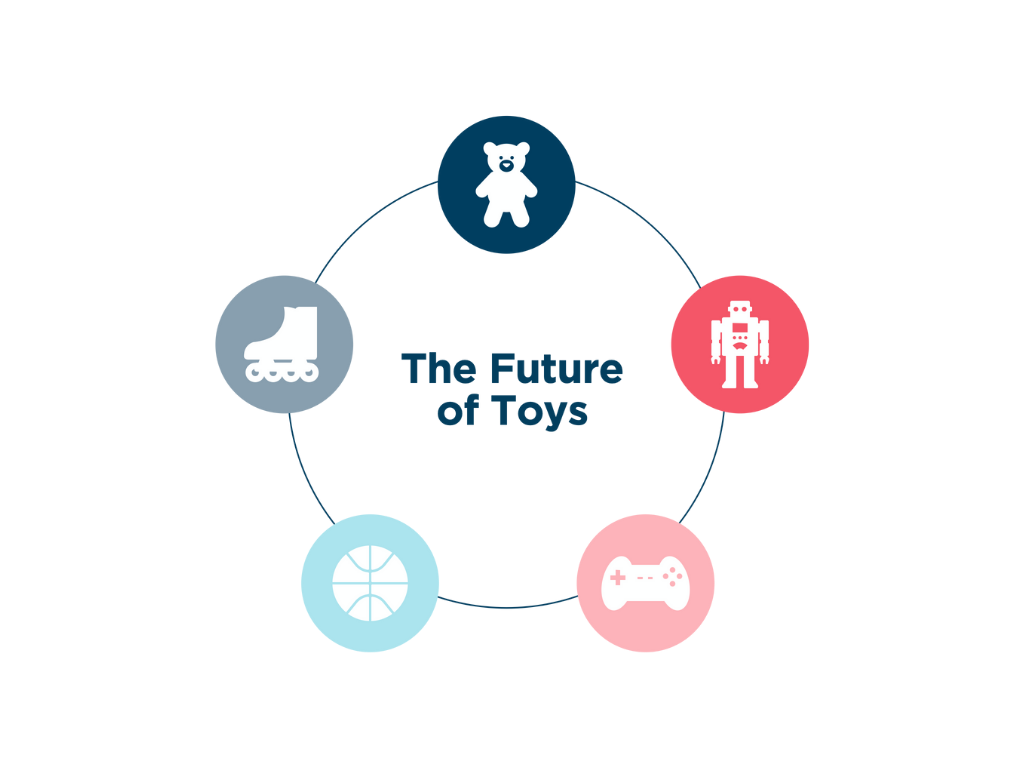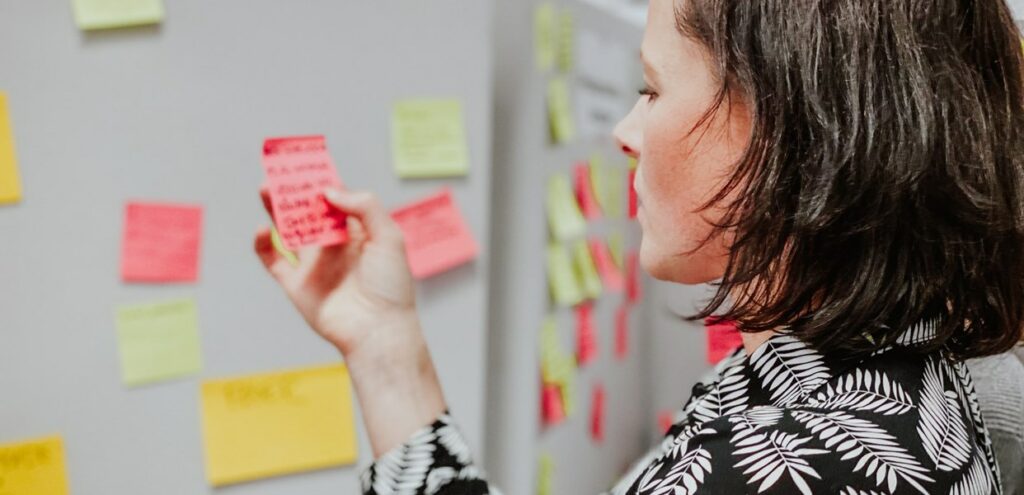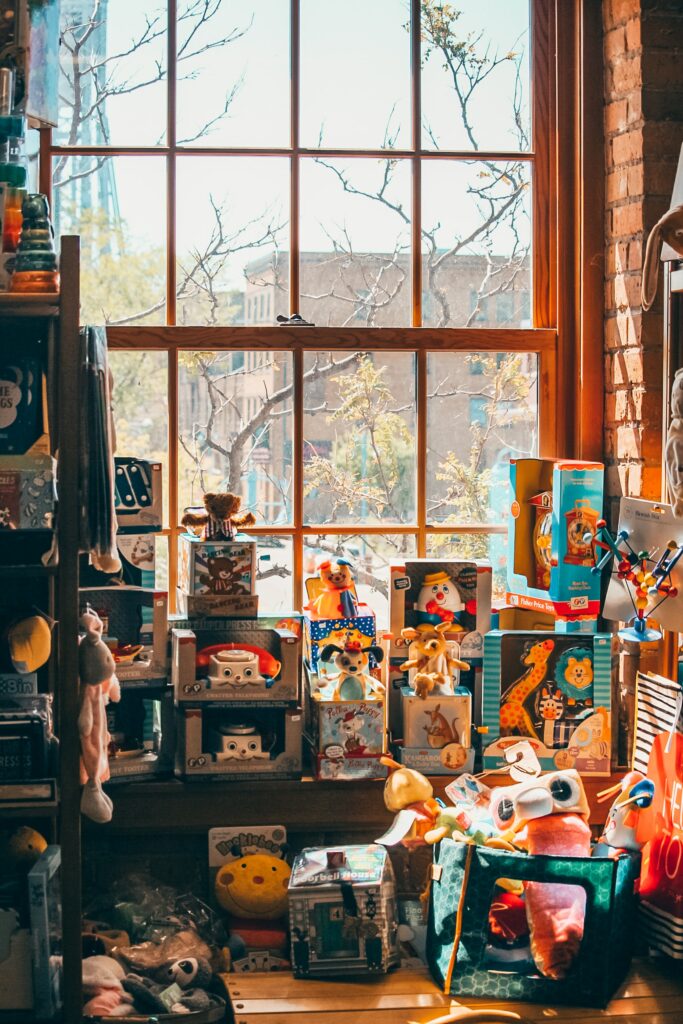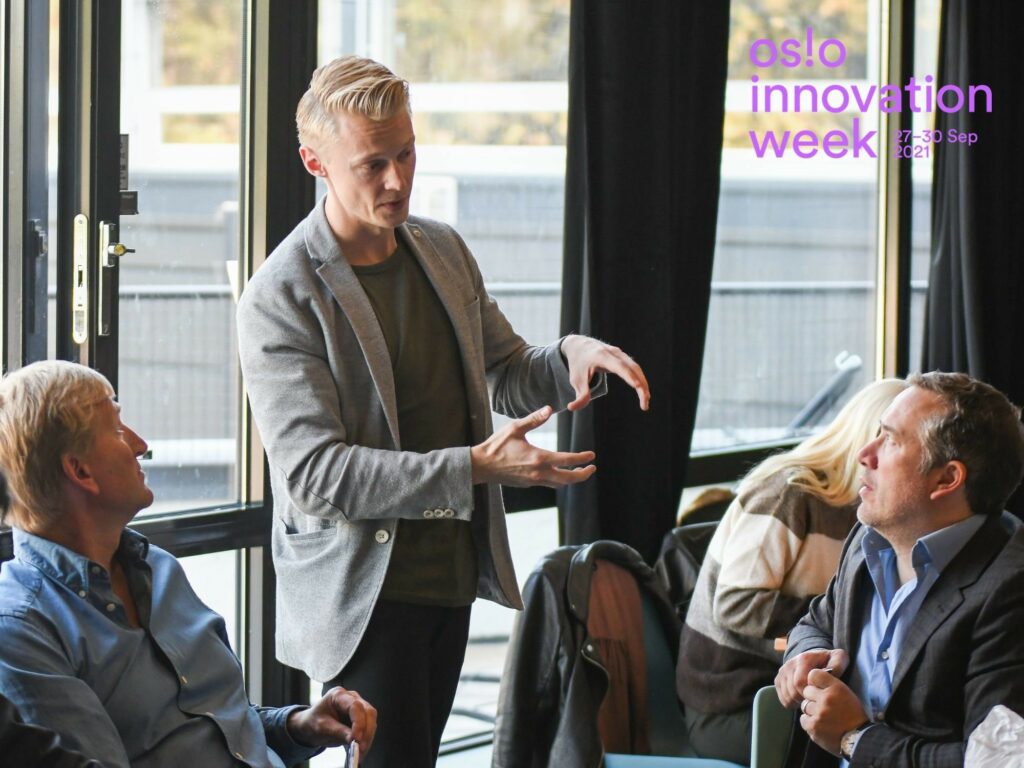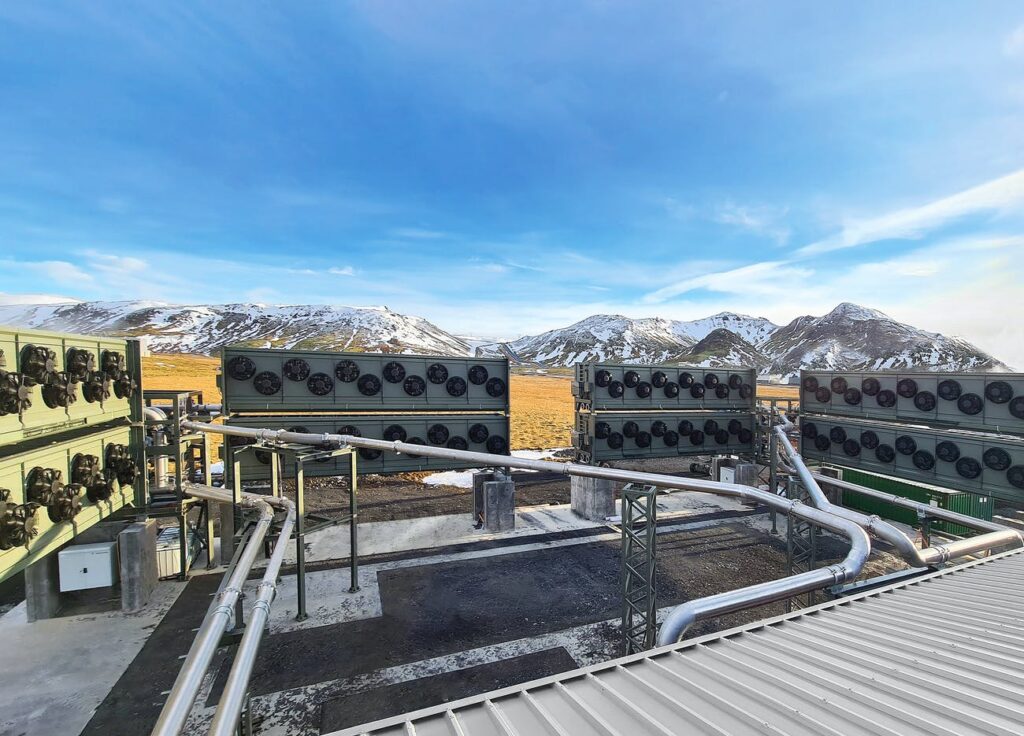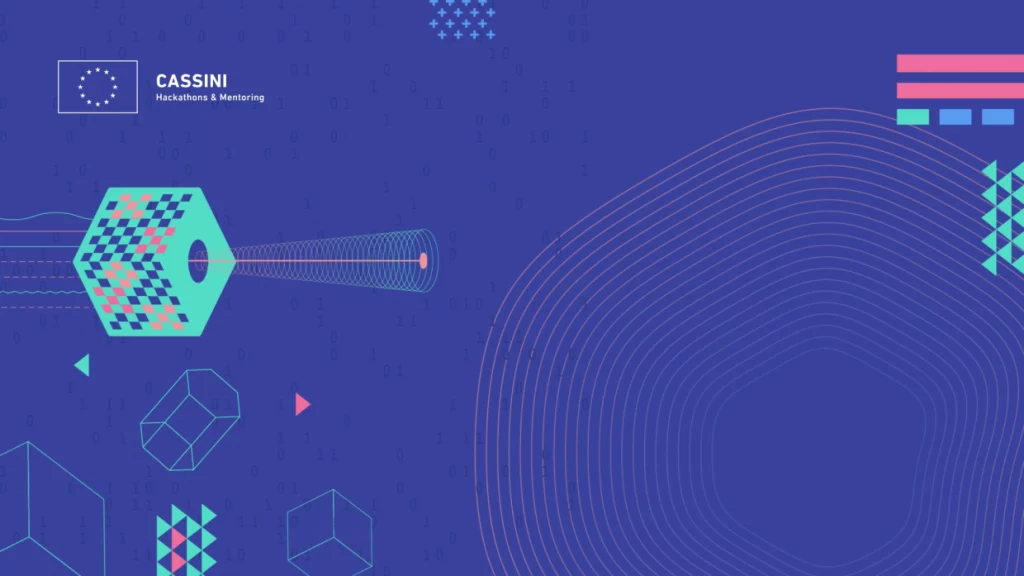The role of startups in accelerating
circular economy
Building a circular future requires a system where ideas and visions turn into reality. Circular economy is not only about recycling. It opens up five interesting business models, which increase the value of materials, products and services. The service models also provide many benefits compared to traditional linear models like increased loyalty and improved customer service.
Increased value is generated for example by minimizing the use of resources, recollecting and reusing products and materials, through repair and maintenance of products or maximising their usage rates through collaborative models. Besides enhancing or streamlining your current businesses, circular business models can also mean completely new revenue streams.
We at LOOP want to accelerate the transition towards circular economy and believe that growth companies are one key component in doing so. By screening the growth company landscape, we can identify what are the new technologies and business models that will disrupt the future.
We looked into the Nordic startup landscape and selected 5 circular startups, who demonstrate how circular business can be done in practice. These startup examples demonstrate also very well that circular economy companies can’t be put in a box but instead they operate simultaneously in several of these business models.
Eat Grim is a Danish startup that has created a platform for ugly and surplus fruits & vegetables and offers them as-a-service to their customers. Simultaneously recovering and unsold products. Finnish Sharetribe is enhancing the sharing economy with their marketplace software for communities to sell or rent goods and services. Swedish company Renewcell turns used clothes into Circulose, a new biodegradable raw material, thus both minimizing the use of resources and recycling used products. Icelandic startup Verandi recycles high quality raw materials that would otherwise go wasted and turns them into cosmetic products. Norwegian Grin has created a return and collection system for used products to recollect products and extend the product life cycle.
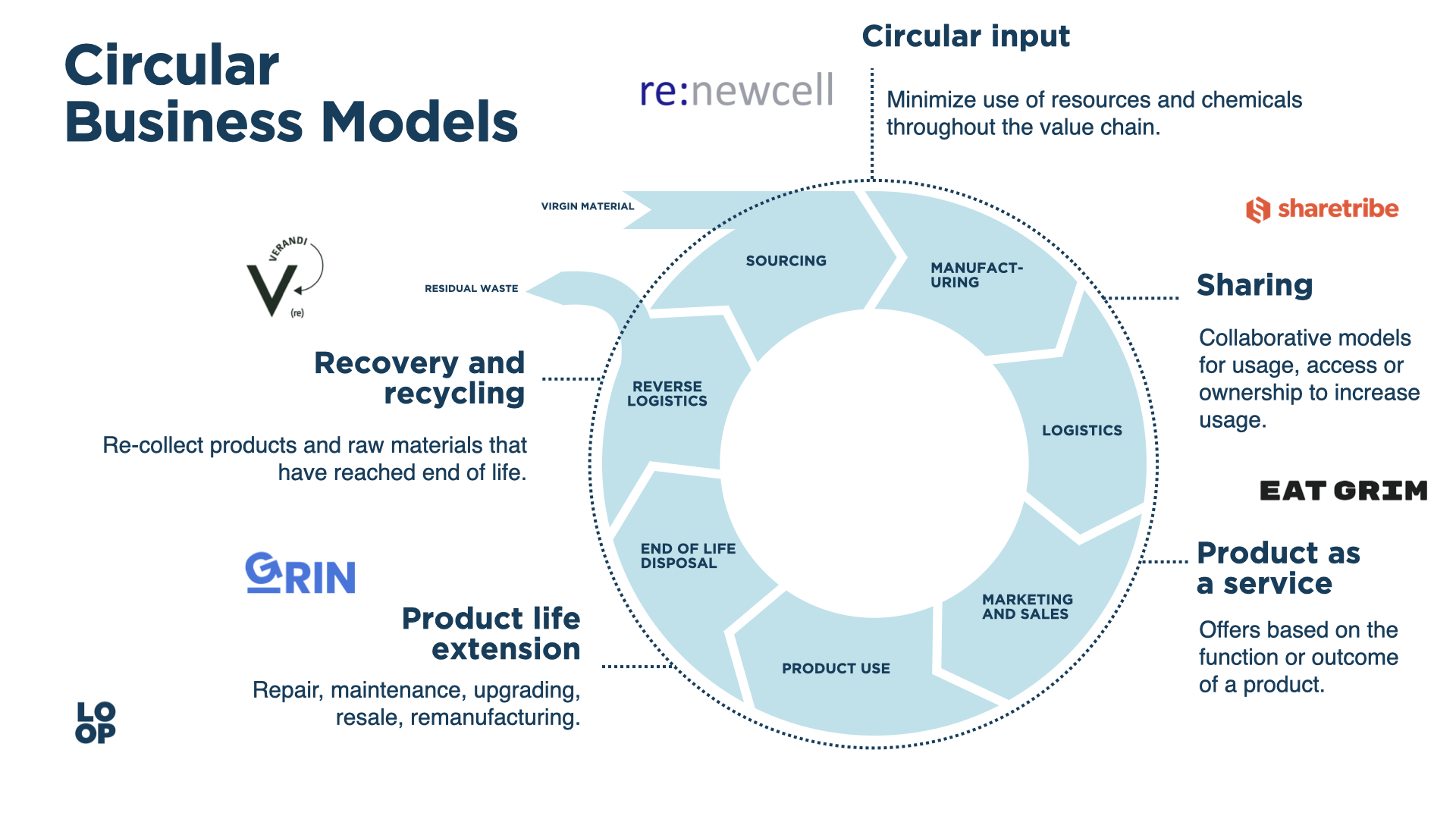
We looked into the Nordic startup landscape and selected 5 circular startups, who demonstrate how circular business can be done in practice. As startups are building their business model from scratch, they are able to combine elements from different circular business models to meet the needs of their customers and create new value propositions.
These startups showcased their solutions at LOOP webinar at Oslo Innovation Week in September. If you missed the webinar, you can view the recording on our digital platform and hear more about these startups.
Circular economy is an ecosystem game. Contact us at LOOP to explore the market for opportunities, find potential partners and pilot the circular ideas on the market.
